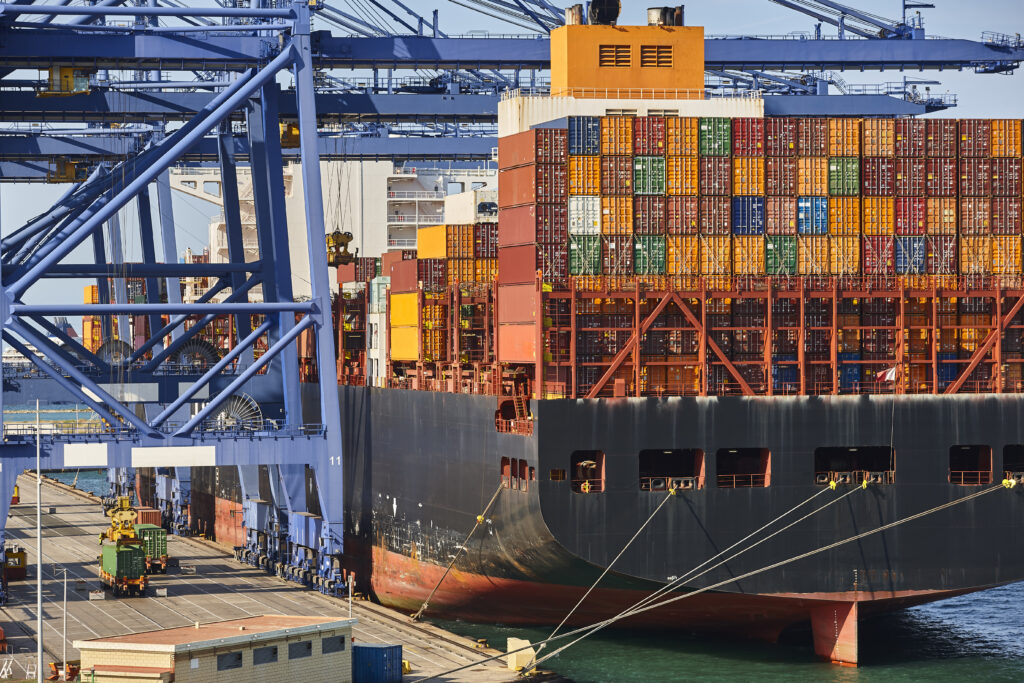Defense and Legal Representation
About the service
At Tradeworks, we understand the complexity and sensitivity of the inspections or audits you may face from the Authorities in foreign trade matters. Through this service, our team of experts is ready to provide you with solid legal defense and representation at every stage of the process. This helps minimize the risk that such powers could lead to costly fines or the suspension of your programs.
In Mexico, companies and their shareholders, as well as individual importers and exporters, constantly face regulatory challenges that can have a significant impact on their operations and financial outcomes. One of the critical moments where the expertise and support of professionals in the field are required is when they encounter what is known as “verification powers” by the authorities. These situations can lead to consequences ranging from the collection of tax credits to criminal charges for offenses like smuggling or tax evasion.

Verification Powers in Foreign Trade
The authority responsible for exercising the power of verification in the area of Foreign Trade in Mexico is the Tax Administration Service (SAT). These powers are executed through what are known as “inspection actions”, which are mechanisms by which the authority verifies a company’s compliance with tax and customs obligations.
In the area of foreign trade, inspection actions can be carried out in different ways, including the following:
-
Customs Inspection: A physical examination of goods at the point of entry or exit in the country.
-
Inspection of Goods in Transit: Verification of goods while it is being transported.
-
On-Site Visit: An audit conducted at the company’s premises
-
Cabinet Review: Analysis of the documentation provided by the company.
-
Electronic Audit: Analysis of electronic data en records.
Currently, companies with the IMMEX Program, as well as those with VAT Certification, are particularly susceptible to being subject to audit powers. This is because of the high number of obligations stemming from these programs, including the well-known Annex 24 and Annex 30 requirements.
The audit powers may result in the imposition of tax assessments, which not only include unpaid taxes but also add penalties, surcharges and other fees. In more severe cases, they may lead to the initiation of Administrative Procedures in Customs Matters (PAMA’s), which could result in charges of smuggling.

It is important to note that before issuing a final resolution, the authority will provide an observation letter to the concerned party. This document will contain the alleged omission of tax obligations, as well as a preliminary analysis of what was found during the audit visit. From the time this letter is issued, taxpayers have the opportunity to challenge presented observations, with the goal of avoiding or mitigating sanctions and additional charges.



